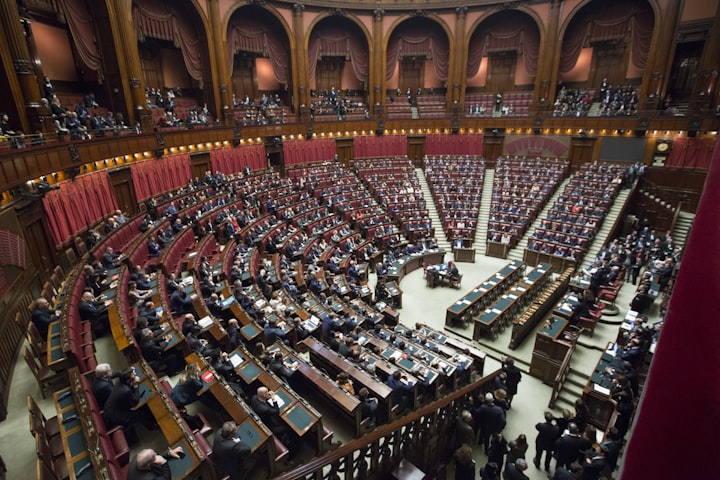Is Google Not as Diverse as It Seems?
New internal document leaks suggests "Ideological Echo Chamber" has developed.

Even as Google's parent company, Alphabet, takes the throne as the world's largest company, there are rumblings that the ubiquitous software giant may not be the positive place that it's been made out to be.
A male employee at Google has released a 10-page document on the company's internal meme network and on Google Plus, and has suggested that the gender gap referred to in the company is a result of psychology and biology rather than sexism. The document, "Google's Ideological Echo Chamber," quickly went viral and Gizmodoobtained the full text version of it.
Google is currently in the midst of a wage discrimination investigation spearheaded by the United States Department of Labor. According to details discovered in the investigation thus far, the pay disparity between men and women has been described as "extreme." Janet Herold, regional solicitor for the Department of Labor, said that to this point in the investigation of the technology giant, it would appear as though the company has been engaging in routine discrimination against women.
“The investigation is not complete, but at this point the department has received compelling evidence of very significant discrimination against women in the most common positions at Google headquarters,” she said. “The government’s analysis at this point indicates that discrimination against women in Google is quite extreme, even in this industry.”
As a federal contractor, Google is required to allow the Department of Labor to inspect and copy its records and information about its compliance with equal opportunity laws. It did not allow the Department of Labor to follow through on such an inspection, resulting in the filing of a lawsuit by the department to obtain the compensation data.
It would seem that, in "Google's Ideological Echo Chamber," there are political biases — which the author refers to as "moral biases" — which are the root of the prejudices that the author argues are really a result of our moral preferences. The author notes that "the overwhelming majority of the social sciences, media, and Google lean left," and lists what he perceives as "left biases" and "right biases" as evidence.
Compassion for the weak, the belief that disparities are due to injustices, the belief that humans are naturally cooperative, the belief that change is good, and that society should be open and idealistic are listed by the author as left biases. Among the right biases are characteristics such as respect for those believed to be strong or those in authority, the "justness" of disparities, the natural competitiveness of humanity, the belief that change is dangerous, and the belief that society should be more closed and pragmatic in nature.
The author appears to attempt throughout the 10-page document to justify his assertions under the guise of logic and pragmatism, but he does also offer up some solutions to the gender pay gap. Among these solutions is an avoidance of what he says is the social engineering of technology — that is, making tech more appealing to one gender or another in order to reduce perceived disparities.
The author also suggests that those who are conservative are alienated by company policy, and this should not be the case.
"In highly progressive environments, conservatives are a minority that feel like they need to stay in the closet to avoid open hostility," the author writes. "We should empower those with different ideologies to be able to express themselves."
Ari Balogh, Google's Vice President of Storage Infrastructure Products, did not hesitate to respond to the document. In an internal G+ post, "Building an open, inclusive environment is core to who we are, and the right thing to do. ‘Nuff said."
New VP of Diversity, Integrity & Governance Danielle Brown noted that the document did not align with Google's general company ethos. She also suggested that, contrary to what "Google's Internal Echo Chamber" said, Google was continuing to build on its positive environment.
"Part of building an open, inclusive environment means fostering a culture in which those with alternative views, including different political views, feel safe sharing their opinions," she said.
There will doubtless be continued fallout from the "Echo Chamber" document.
About the Creator
Christina St-Jean
I'm a high school English and French teacher who trains in the martial arts and works towards continuous self-improvement.






Comments
There are no comments for this story
Be the first to respond and start the conversation.